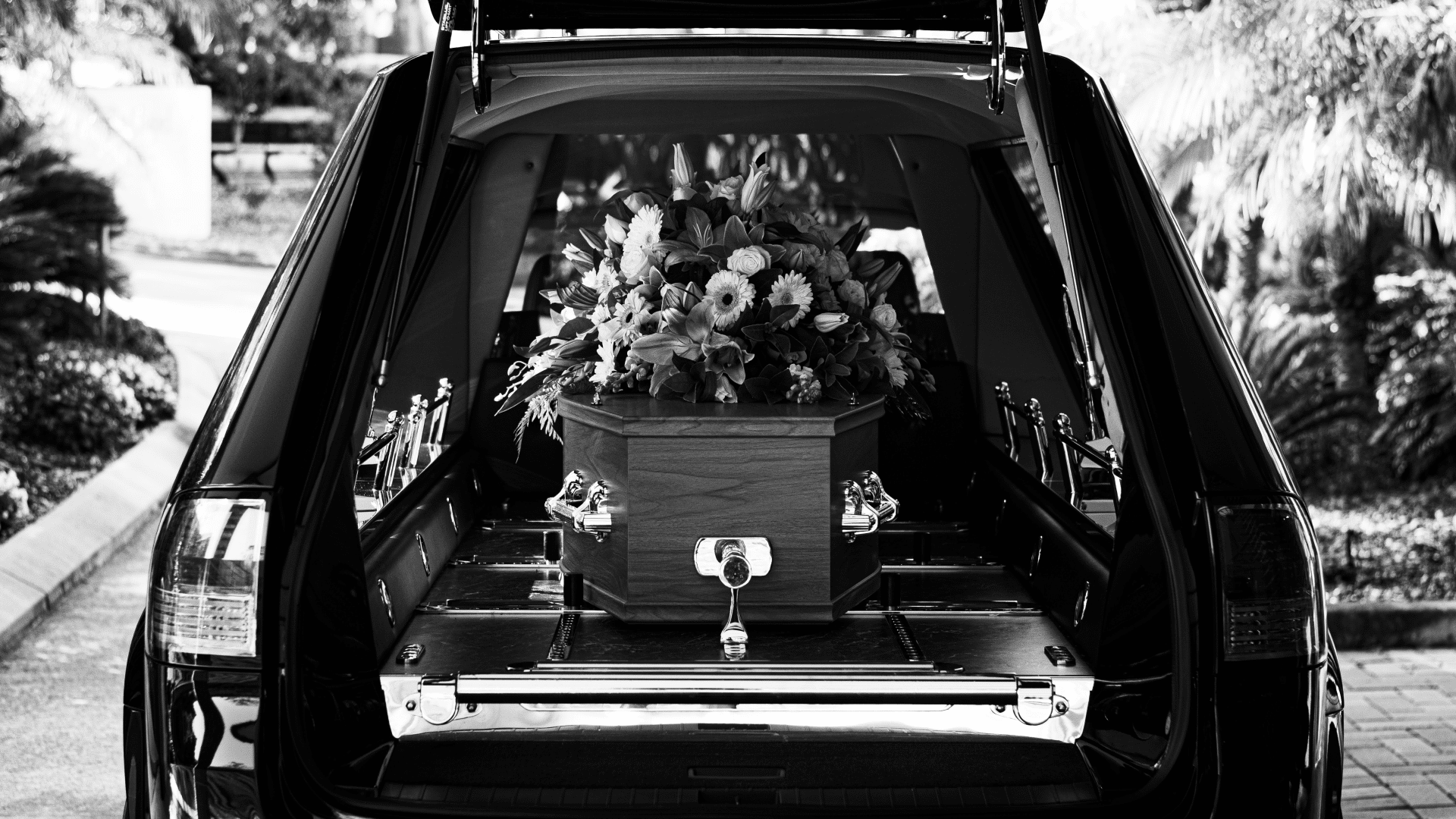
Readings and poems play an important part in many funerals and can feel like a touching and personal way to honour a person. They can also provide an effective way to express your feelings, particularly when finding your own words feels difficult. Non-religious readings can be used at most funerals, including faith funerals, and inspiration can be found just about anywhere. In our latest blog we’ve come up with some things to consider when choosing a non-religious reading, and how to find something truly unique…
How to choose a non-religious reading
Did they specify a reading in their funeral wishes?
It’s more common nowadays for people to specify what they want for their funeral. Some people document their wishes in their Will or a prepaid funeral plan, whilst others may express if verbally. Knowing what a person would like is a good starting point for choosing a reading and can help to ease some of the burden you may feel.
Find inspiration in films, books and music
Films, books and music can provide great inspiration for readings, and there are no limits to what you can choose. They work particularly well for anyone who had a favourite film, author or musician, and can create a moment to celebrate a loved one’s life. If you are choosing something more unusual, such as song lyrics, read them in full beforehand to ensure they set the right tone.
Choose a poem about a favourite place
Readings about a person’s favourite place, or somewhere that holds particular significance to them, can evoke powerful feelings or memories at a funeral. It could be a reading about a particular place that was important to the deceased, or about the country they were from. Alternatively, you could choose a location that brings back memories of holiday or reflects their interests, such as a beach or nature-inspired poem.
Recite a well-known poem
There’s a reason why certain poems come up again and again at funerals, and there are some readings that feel meaningful no matter how many times you hear them. A well-known reading or song can also feel comforting and remind you that you’re not alone. Some of the more well-known funeral readings include;
- Do Not Stand At My Grave And Weep by Mary Elizabeth Frye
- She Is Gone (He Is Gone) by David Harkins
- Let Me Go by Christina Rossetti
- Funeral Blues by W.H Auden
- Death Is Nothing At All by Henry Scott Holland
Write some original words
Sometimes the only person who knows what to say is you. Whilst writing something to read at the funeral may feel challenging, it may help you work through difficult emotions. Give yourself plenty of time to write something, and ask a friend or family member to run through it if you need reassurance. If it feels too difficult to read at the funeral you could consider asking someone to read it on your behalf.
Things to consider
The length of a reading
You don’t need to choose a long reading for it to be meaningful, and shorter passages can sometimes feel more memorable. There is no ideal length for a funeral reading, and what’s most important is that you find a reading that feels meaningful to you. That being said, 2-3 short paragraphs is usually more than enough to express something impactful.
Check with the officiant before choosing a reading
Different funerals will have difference requirements with regards to readings, particularly if the funeral is taking place in a religious setting. If you can, speak to the person conducting the funeral before selecting a reading and ask them about any guidelines in place.
Practice speaking your reading out loud
It’s important to practice reciting your reading out loud prior to the funeral service. Print or write out the passage, marking out any places where you want to pause or take a breath. Try to practice reading a bit slower than you normally you would – many people tend to read faster when they are nervous.
It’s ok to show emotions
You may feel like you have to hold it together on the day and suppress any emotions you feel in the moment. It’s ok to show your emotions – it’s a natural part of saying goodbye, and can often create a special moment at a funeral service.
If you have recently lost someone, we’re here to help. Call us on 01525 372210 or use our contact form to discover how we can support you following a death.



